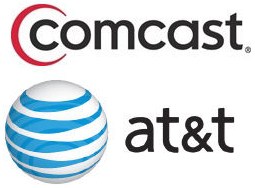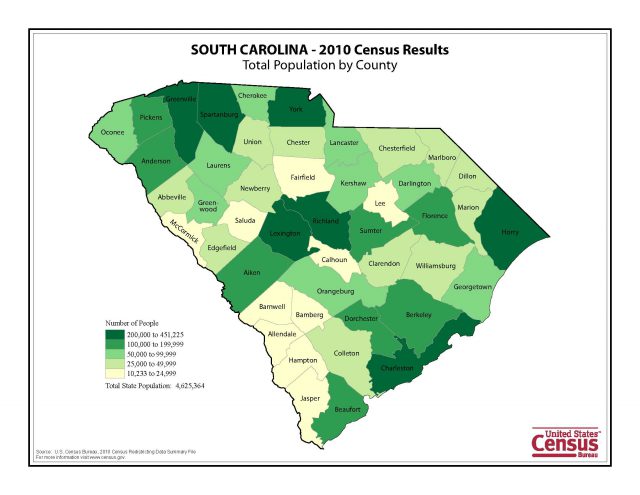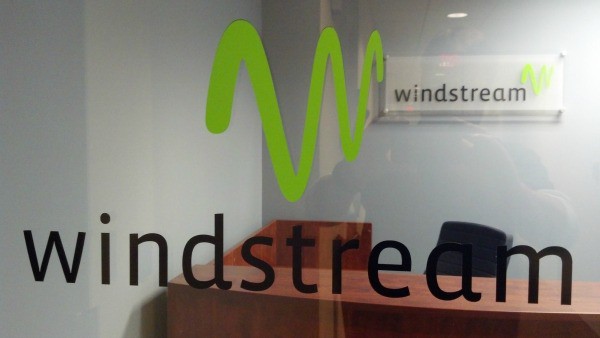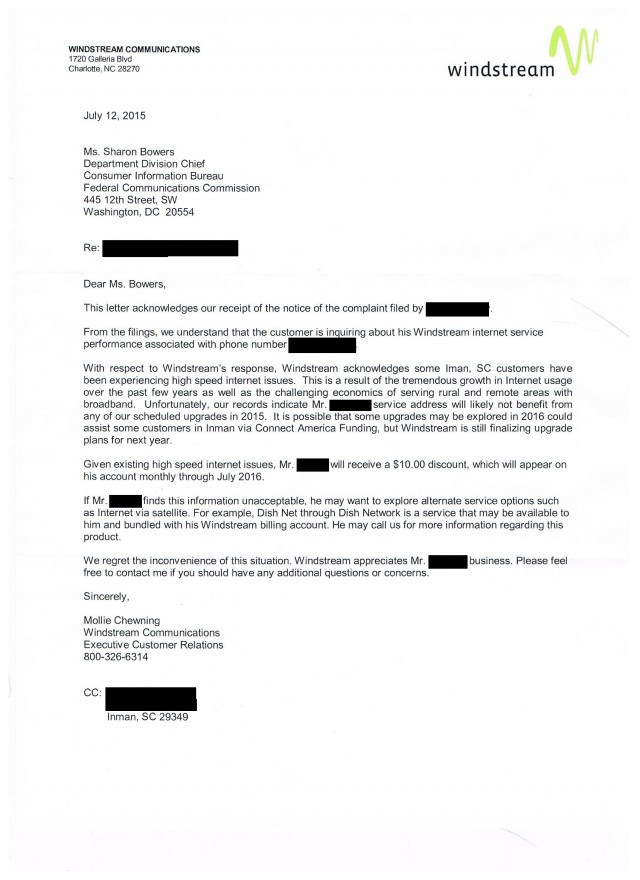
Gov. Haslam
Top officials of four southern states are coordinating efforts with Republican House members to oppose the Federal Communications Commission’s preemption of state laws that restrict or prohibit municipal/public broadband competition.
South Carolina Governor Nikki Haley, Tennessee Governor Bill Haslam, Alabama Attorney General Luther Strange, and Tennessee Attorney General Herbert Slattery have all backed efforts by House Republicans to curtail the regulatory powers of the FCC, claiming states’ rights should have precedence over the federal regulator. All four have sent letters to the House Energy & Commerce Committee putting their opposition on paper.
In 2014, FCC chairman Thomas Wheeler announced the FCC would seek to preempt state laws in North Carolina and Tennessee that severely restrict the development of broadband networks owned or controlled by municipalities and public utilities. The laws typically allow existing municipal networks to continue operating, but prohibit expansion beyond a pre-defined service area. Networks planning to launch after the laws took effect usually face onerous conditions and disclosure requirements that make many untenable. Large incumbent cable and phone companies were exempted from the law.
Wheeler’s efforts came in response to requests from community broadband providers seeking to deliver service to expanded service areas. The debate has put several local governments and utilities in an uncomfortable position of opposing their colleagues in state government.
In North Carolina, Attorney General Roy Cooper has taken the FCC to court in a petition to the U.S. Court of Appeals for the Fourth Circuit.
“Despite recognition that the State of North Carolina creates and retains control over municipal governments, the FCC unlawfully inserted itself between the State and the State’s political subdivisions,” Cooper wrote to the court. Cooper says the FCC’s actions are unconstitutional and exceeds the commission’s authority; “is arbitrary, capricious, and an abuse of discretion within the meaning of the Administrative Procedure Act; and is otherwise contrary to law.”
 Much of the opposition to municipal broadband comes from Republican politicians on the state and federal level. Most claim municipal providers represent unfair competition to the private sector. The American Legislative Exchange Council (ALEC) considers municipal broadband a significant issue. The corporate-funded group offers state legislators the opportunity to meet with telecom company lobbyists. Legislators are also provided already-written sample legislation restricting municipal broadband developed by ALEC’s telecom company members, including AT&T, Comcast, and Time Warner Cable. In states where Republicans hold the majority in the state legislature, such bills often become law.
Much of the opposition to municipal broadband comes from Republican politicians on the state and federal level. Most claim municipal providers represent unfair competition to the private sector. The American Legislative Exchange Council (ALEC) considers municipal broadband a significant issue. The corporate-funded group offers state legislators the opportunity to meet with telecom company lobbyists. Legislators are also provided already-written sample legislation restricting municipal broadband developed by ALEC’s telecom company members, including AT&T, Comcast, and Time Warner Cable. In states where Republicans hold the majority in the state legislature, such bills often become law.
The FCC represents a serious threat to the telecom company-sponsored broadband legislation. Instead of debating the impact of the law on unpopular phone and cable companies, the four state officeholders claim the dispute is a battle pitting states’ rights against the powers of the federal government.
Haslam, who also serves as the national chairman of the Republican Governors Association, formally asked Congress to intervene against the FCC to protect state sovereignty. In a separate appeal to the FCC, Tennessee officials argued the FCC violated the country’s founding concept of separation of state and federal power, citing the 10th Amendment to the Constitution reserving power not delegated to the United States for the states respectively, or to the people.
Haslam’s critics contend the governor has delegated his own power to protect the interests of large telecommunications corporations operating in his state — companies the critics claimed wrote and lobbied for a state law that established anticompetitive broadband corporate protectionism in Tennessee. Among Haslam’s top campaign contributors are AT&T and Comcast — Tennessee’s two largest telecommunications companies.

Gov. Haley
Slattery, appointed by the Tennessee Supreme Court, argued in his letter to Congress the FCC lacked any authority to circumvent Tennessee state law.
The FCC has consistently claimed it is not overturning any state laws. Instead, it is performing its duties under its mandate.
The FCC cites Section 706 authority to regulate when broadband is not being deployed in a reasonable and timely manner, something that cannot happen if a state law impedes new competitors and entrants.
Alabama’s attorney general joined the fight in a brief to the Sixth Circuit opposing preemption, with a copy sent to the House Subcommittee on Communications and Technology, which is planning to hold a hearing on the matter. Alabama has several municipal and public utility networks operating in the state. AT&T and Comcast also serve large parts of Alabama. AT&T gave $11,000 to Strange’s campaign, Comcast sent $8,500. The Koch Brothers, fierce opponents of community broadband, also donated $10,000 to Strange through Koch Industries.
South Carolina Governor Nikki Haley told legislators she strongly opposes external entities like the FCC overreaching into her state’s business. She did not mention AT&T is her fifth largest contributor, donating more than $16,000 to her last campaign. South Carolina’s largest cable operator is Time Warner Cable. It donated $9,900 to the governor’s campaign fund.
 AT&T will spend $9.7 million in annual public subsidies to bolster its cell tower network in South Carolina in part to expand its rural wireless broadband program. Perhaps services like mobile tower lease would come in handy.
AT&T will spend $9.7 million in annual public subsidies to bolster its cell tower network in South Carolina in part to expand its rural wireless broadband program. Perhaps services like mobile tower lease would come in handy. AT&T will also be able to promote its own products and offer customers discounts and free installation when they agree to sign up for other AT&T services. Hayes said the service will cost $60 a month for everyone else, along with a one-time installation fee of $99.
AT&T will also be able to promote its own products and offer customers discounts and free installation when they agree to sign up for other AT&T services. Hayes said the service will cost $60 a month for everyone else, along with a one-time installation fee of $99.

 Subscribe
Subscribe
 Much of the opposition to municipal broadband comes from Republican politicians on the state and federal level. Most claim municipal providers represent unfair competition to the private sector. The American Legislative Exchange Council (ALEC) considers municipal broadband a significant issue. The corporate-funded group offers state legislators the opportunity to meet with telecom company lobbyists. Legislators are also provided already-written sample legislation restricting municipal broadband developed by ALEC’s telecom company members, including AT&T, Comcast, and Time Warner Cable. In states where Republicans hold the majority in the state legislature, such bills often become law.
Much of the opposition to municipal broadband comes from Republican politicians on the state and federal level. Most claim municipal providers represent unfair competition to the private sector. The American Legislative Exchange Council (ALEC) considers municipal broadband a significant issue. The corporate-funded group offers state legislators the opportunity to meet with telecom company lobbyists. Legislators are also provided already-written sample legislation restricting municipal broadband developed by ALEC’s telecom company members, including AT&T, Comcast, and Time Warner Cable. In states where Republicans hold the majority in the state legislature, such bills often become law.








 Comcast is also moving forward with plans to share your in-home Wi-Fi with other customers, configuring company-supplied gateways to offer a second, open access Wi-Fi channel. Comcast currently charges customers $7 a month for the XFINITY Wireless Gateway, combining a DOCSIS 3 cable modem, a telephone eMTA, and a wireless router.
Comcast is also moving forward with plans to share your in-home Wi-Fi with other customers, configuring company-supplied gateways to offer a second, open access Wi-Fi channel. Comcast currently charges customers $7 a month for the XFINITY Wireless Gateway, combining a DOCSIS 3 cable modem, a telephone eMTA, and a wireless router.